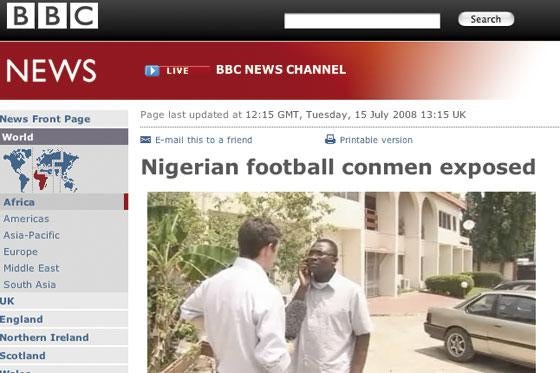
News agencies have warned that BBC proposals to share content with local newspapers could “damage competition and plurality”.
The BBC is expected to unveil proposals to share resources with regional newspapers tomorrow in a similar deal to that already offered to ITV’s regional news providers.
The proposals are to be unveiled at an industry summit being hosted by culture secretary Andy Burnham in London to discuss ways to support the regional press.
It is expected that the BBC will allow regional newspapers free access to video content for their websites, give them access to the sources of the BBC College of Journalism and also share the technology behind its successful iPlayer online watch-again service.
The National Association of Press Agencies has written to the BBC and to Burnham opposing the idea of the BBC sharing content with the local press.
The letter states: “As freelances many of us supply the BBC with news and website material, as part of our living. Any sharing between the BBC and newspapers would further damage competition and plurality.
“Press agencies and individual freelance journalists have already seen their markets squeezed and payments reduced as newspaper groups seek to maintain profits.
“The principle of a publicly-funded body providing assistance to major national (and international) companies which own local newspapers for reasons of profit, rather than to advance journalism, is wholly wrong.
“Some of these publishers have unjustly and unnecessarily sacked a great number of journalists and dispensed with the services of press agencies and individual freelance journalists. Obviously they would welcome any free source of material to bridge the gap. A great many of these newspapers are local monopolies.
“We are anxious that any such proposals should be abandoned since they would grossly distort and undermine an already weakened market. Our association is therefore formally seeking assurances from you that these plans will be dropped.”
Burnham is also expected to hear representations from the major regional press owners tomorrow arguing that merger and competition rules for local newspapers should be radically relaxed.
Sly Bailey, chief executive of the UK’s largest local newspaper publisher Trinity Mirror, said last week: “We have a myriad of new, able, well-funded digital competitors and if we’re going to compete effectively with them, then we need more scale.
“Allowing regional newspaper publishers to merge and consolidate is the only way we will be able to face these threats head on and to limit the damage of the recession to our industry.
“If the pressures of this recession put local newspapers out of business then think very hard about what we’ll be left with…..the death of journalism as we know it.”
But the National Union of Journalists, which is also attending tomorrow’s summit, argues that the big publicly owned local newspaper publishers are just seeking to further maximise profits and squeeze out independent competition.
Up until the last year, the big regional press owners have regularly delivered profit margins of between 20 and 35 per cent. None of the publicly quoted regional press owners have yet reported an annual loss.
The NUJ said earlier this month: “If they were now to be permitted to consolidate their control of substantial areas of the country there would simply be a continued contraction of the industry – more than 50 papers were closed in the second half of last year – with fewer titles, even fewer journalists and a rapid fall in the amount and quality of news. It would be to accelerate a spiral of decline.”
The NUJ argues that the regional newspaper industry needs “new capital and new managers”.
“New companies would enhance competition in the sector, both through new launches and by taking over existing publications, buying individual titles or series on favourable terms from the present publishers. The latter course should be encouraged by such regulatory means as can be found.”
Email pged@pressgazette.co.uk to point out mistakes, provide story tips or send in a letter for publication on our "Letters Page" blog
